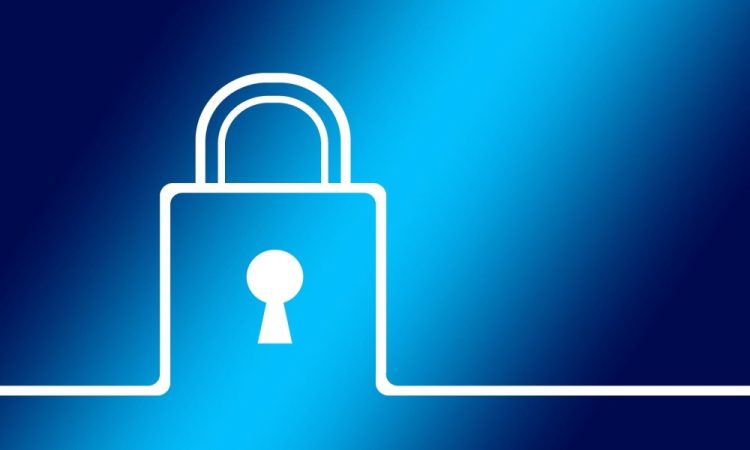
Online – whether it’s sending emails for work, texting friends and family, or posting on social media. While the convenience of electronic communication has connected us like never before, it exposed our private conversations to new risks. When we send information through digital channels, sure who else might be accessing it. Between data breaches, device hacking, and government surveillance, your communications could potentially fall into the wrong hands. This makes protecting your private messages an essential part of maintaining your cybersecurity today.
Protected text important
There are several key reasons why taking steps to protect your written communications should be an essential part of your cybersecurity strategy:
- Prevent identity theft and fraud
private message may contain sensitive information like your full name, date of birth, address, or financial details – everything an identity thief needs to impersonate you and commit fraud. Encryption helps neutralize this threat.
- Maintain confidentiality
Your messages likely contain personal information, trade secrets, or confidential work material you don’t want publicly exposed. Protected text keeps your communications private.
- Avoid hacks and data leaks
Cyber-attacks are on the rise, with hackers constantly finding new ways to infiltrate accounts and devices. Encrypted text remains secure even if your phone or email gets hacked.
- Stop government surveillance
Government agencies have been known to monitor private communications through secretive surveillance programs. Protected text technology can help keep your data out of the government’s reach.
- Protect client/patient confidentiality
For professionals like doctors, lawyers, and therapists, maintaining client privacy is crucial. Encrypted communications allow them to uphold confidentiality standards.
- Preserve digital privacy rights
Your personal information is yours alone – encryption enables you to exercise your right to keep it private and secure. Overall, failing to protect your written communications poses serious risks ranging from personal embarrassment to financial catastrophe to the violation of basic human rights. That’s why utilizing protected text is a vital practice for anyone who values their privacy and security in the digital sphere.
Implement protected text
Fortunately, with the right tools and techniques, implementing protected text measures is simple:
Encrypted messaging apps
Switch from regular texting to encrypted messaging apps like Signal, WhatsApp, or Telegram to secure your conversations. These services encrypt messages end-to-end by default.
Enable email encryption
Gmail, Outlook, ProtonMail, and other email services allow you to encrypt messages for added security. This prevents emails from being read if intercepted.
Password protect documents
When creating private documents, be sure to password-protect them to limit access. Microsoft Office and other software make this easy to do.
Browse on https sites only
HTTP websites leave your activity vulnerable, whereas HTTPS encryption protects your browsing. Install browser extensions to ensure you only visit securely encrypted HTTPS sites.
Store notes securely
Apps like Standard Notes, Joplin, and Simplenote allow you to store encrypted notes and sync them across devices securely.
- Encryption-Standard Notes is renowned for its robust encryption capabilities. It employs end-to-end encryption to ensure that your notes are stored securely and can only be accessed by you.
- Cross-Platform Compatibility-The application is available on various platforms, including web, desktop (Windows, macOS, Linux), and mobile (iOS and Android), making it convenient for users to synchronize their notes across all their devices.
- Extensions-Standard Notes provides a wide array of extensions and plugins that allow users to customize the app’s functionality and incorporate additional security features or integrations with other apps.
